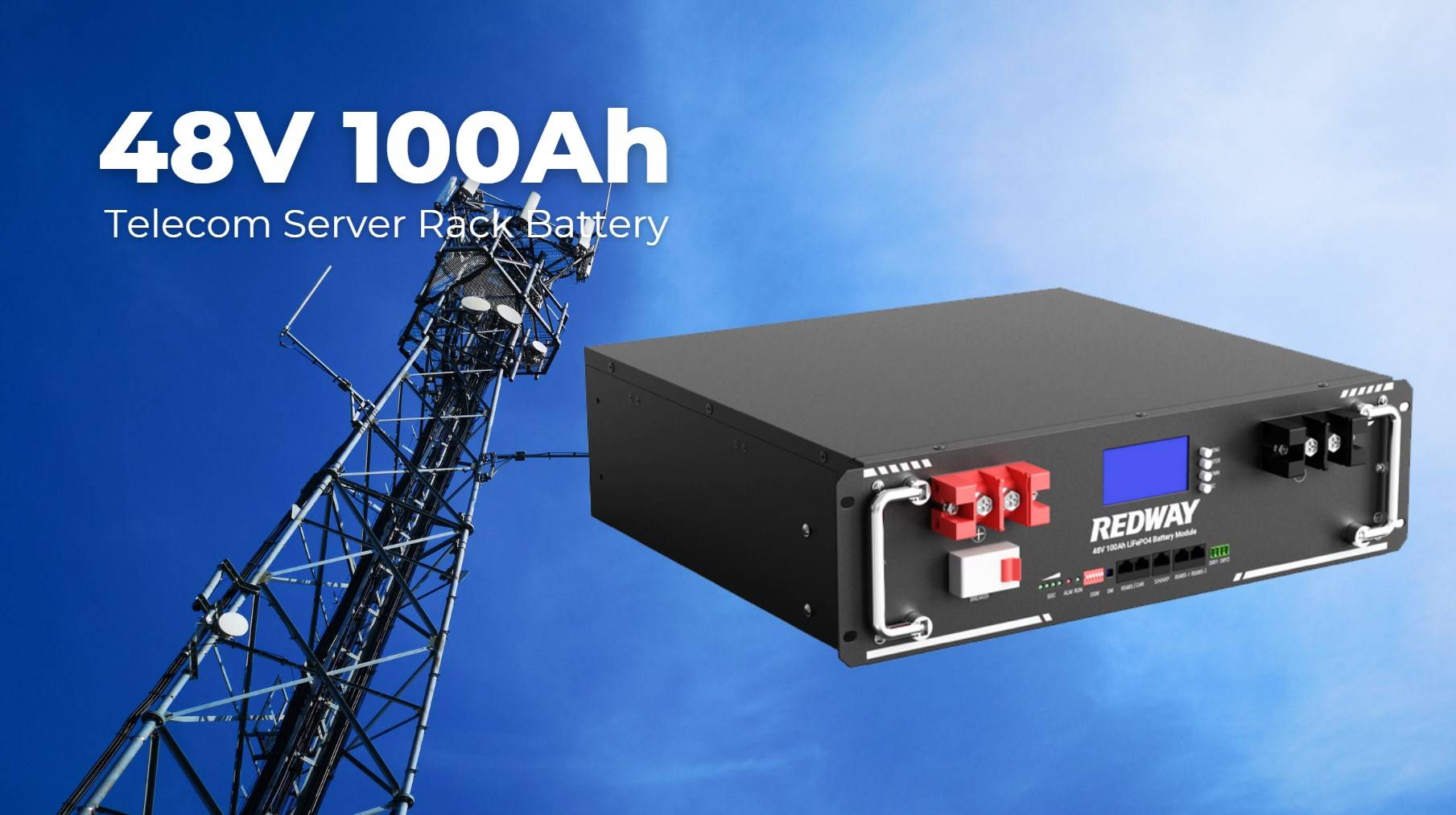Understanding lithium ion battery packs is essential for anyone looking to harness reliable energy storage solutions. These batteries are known for their high energy density, long lifespan, and versatility, making them ideal for various applications, from consumer electronics to electric vehicles. This guide explores how they work, their advantages, costs, maintenance needs, and safety precautions.
What is a lithium ion battery pack and how does it work?
A lithium ion battery pack is a rechargeable power source that consists of multiple lithium-ion cells connected in series or parallel to achieve the desired voltage and capacity. The basic operation involves the movement of lithium ions between the anode and cathode during charging and discharging cycles.The components typically include:
- Anode: Usually made of graphite, where lithium ions are stored during charging.
- Cathode: Made from various materials (e.g., lithium cobalt oxide), where lithium ions move during discharge.
- Electrolyte: A liquid or gel that facilitates the movement of ions between the anode and cathode.
Lithium-ion technology allows for efficient energy storage and quick charging capabilities.Battery Pack Overview Chart
| Component | Function |
|---|---|
| Anode | Stores lithium ions during charging |
| Cathode | Releases lithium ions during discharge |
| Electrolyte | Facilitates movement of ions |
What are the advantages of using lithium ion battery packs for energy storage?
The advantages of lithium ion battery packs include:
- High Energy Density: They can store more energy in a smaller size compared to other types like lead-acid batteries.
- Long Lifespan: Typically last between 8 to 15 years, depending on usage and maintenance.
- Fast Charging: Can be charged quickly, often within a few hours.
- Low Self-Discharge Rate: Retain charge well over time, making them suitable for applications where devices may sit idle.
Advantages Overview Chart
| Advantage | Description |
|---|---|
| High Energy Density | More energy stored per unit volume |
| Long Lifespan | 8 to 15 years with proper care |
| Fast Charging | Quick recharge times |
| Low Self-Discharge Rate | Maintains charge effectively over time |
How much do lithium ion battery packs cost, and what factors influence their price?
The cost of lithium ion battery packs varies widely based on several factors:
- Capacity: Higher capacity models (measured in amp-hours or watt-hours) generally cost more.
- Brand Reputation: Established brands may charge a premium due to quality assurance.
- Chemistry Variants: Different chemistries (e.g., NCA vs. LFP) can affect pricing.
On average, prices can range from £200 for smaller packs to over £1,500 for larger systems, depending on specifications.Cost Factors Chart
| Factor | Influence on Cost |
|---|---|
| Capacity | Higher capacity = higher price |
| Brand Reputation | Premium brands often charge more |
| Chemistry Variants | Different chemistries can affect pricing |
What safety precautions should be taken when using lithium ion batteries?
Safety is paramount when operating lithium-ion battery packs:
- Avoid Overcharging: Use chargers designed specifically for your battery type to prevent overheating.
- Proper Ventilation: Ensure adequate airflow around the battery pack to avoid heat buildup.
- Regular Inspections: Check for any signs of damage or swelling; replace damaged cells immediately.
By following these precautions, users can safely enjoy the benefits of their lithium-ion batteries.Safety Precautions Chart
| Precaution | Description |
|---|---|
| Avoid Overcharging | Prevents overheating |
| Proper Ventilation | Reduces risk of heat buildup |
| Regular Inspections | Maintains equipment integrity |
How can users maintain their lithium ion batteries effectively?
To ensure optimal performance and longevity of lithium ion batteries, users should:
- Keep Clean: Regularly clean terminals and connections to ensure good conductivity.
- Temperature Control: Store and operate within recommended temperature ranges (typically 20°C to 25°C).
- Charge Regularly: Avoid letting the battery discharge completely; aim to recharge when it reaches about 20% capacity.
Implementing these maintenance practices helps extend the lifespan of the battery pack.Maintenance Tips Chart
| Maintenance Task | Frequency |
|---|---|
| Keep Clean | Monthly cleaning |
| Temperature Control | Regular checks during operation |
| Charge Regularly | Recharge before reaching low levels |
Buy Wholesale Battery Tips
For businesses seeking reliable battery solutions, Redway Battery is an excellent choice for wholesale buyers or OEM clients overseas. With over 13 years of experience in lithium battery manufacturing, Redway Battery provides high-quality products that serve as a superior alternative to lead-acid batteries.To make OEM orders from a trustworthy manufacturer like Redway Battery:
- Identify Your Needs: Determine specifications and quantities required.
- Contact Redway Battery: Reach out through their official channels.
- Discuss Terms: Negotiate pricing and delivery timelines.
- Place Your Order: Finalize your order with a purchase agreement.
Industrial News
Recent advancements in battery technology have led to increased adoption rates among consumers looking for reliable energy storage solutions. As prices continue to decline and efficiency improves, more homeowners and businesses are considering integrating these batteries into their renewable energy systems.
Redway Expert Views
“Investing in high-quality lithium-ion technology not only ensures longevity but also enhances safety,” states an expert at Redway Battery. “Understanding these benefits allows users to make informed decisions that align with their energy needs.”
FAQ Section
- Q1: How long can I expect a lithium-ion battery pack to last?
A1: With proper care, these batteries can last between 8 to 15 years or around 2,000 cycles. - Q2: Are there any special charging requirements for these batteries?
A2: Yes, always use chargers designed specifically for lithium-ion chemistry to ensure optimal performance. - Q3: Can I use my existing solar inverter with a new Li-ion battery?
A3: Most likely; however, it’s best to check compatibility with your system specifications. - Q4: Is recycling available for old lithium-ion batteries?
A4: Yes, many regions offer recycling programs specifically designed for lithium-ion technologies; check local guidelines for disposal options.



